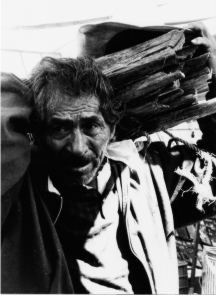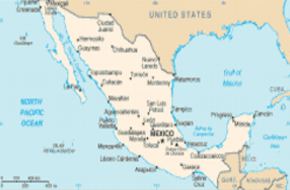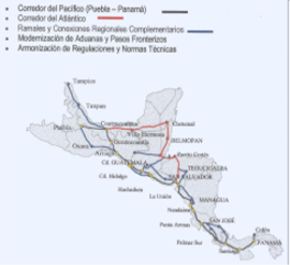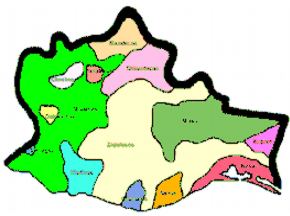Who is Oaxaca, Mexico?

The state of Oaxaca is located in southern Mexico and covers 95,364 km, distributed among over 11 thousand communities. 57.36% of the territory is communal property, racked by 656 conflicts over land titles: 44 in the region of Cañada, 61 in the region of Istmo, 102 in the Mixteca region, 109 in Papaloapan, 108 in Valles, 50 in the northern sierra and 106 in the southern sierra. 53 of these conflicts are considered to pose a serious threat of social upheaval.
Oaxaca has a population of 3.5 million of which 56.3% is indigenous belonging to 16 First Nations and other migrant communities. We suffer a high degree of marginalization given that 75% of our people are
undernourished, over 50% lack clean drinking water, 80% of our dwellings are substandard, we have the highest percentage of illiteracy and lack of education, the highest numbers of migrants leaving the region, and currently a quarter of all indigenous prisoners in Mexico are in Oaxaca.
 Mega-projects and Trade Agreements: TLC, ALCA, PPP, etc.
Mega-projects and Trade Agreements: TLC, ALCA, PPP, etc.
The indigenous communities of Oaxaca, among others, are the ones who suffer most from NAFTA (the North American Free Trade Agreement), the Free Trade Agreement of the Americas, the Puebla Panamá Plan, to name a few. Some of the most visible effects of these trade policies are:
•The erosion of the fabric of community: fiestas, sustainable use and enjoyment of nature, communal coexistence. The results of this erosion include prostitution, drug addiction, alcoholism and violence; the creation of retaliatory groups and paramilitaries that repress the indigenous communities.
•Loss of cultural identity: languages, dress, food, medicine, communitarian institutions and practices like Tequio (collective, voluntary work for the benefit of the community), Gueza (mutual help among community members). Government institutions that destroy communitarian services are replacing these indigenous forms of self-government.

•the introduction of eucalyptus crops, genetically modified corn, shrimp farms, etc. harm the land and water; they increase and spread diseases, and create dependence on outside food sources resulting from native people being forced to abandon the land and with it, local, sustainable agriculture.
•privatization of land and sacred sites through programs, projects, and laws aimed at converting communal indigenous land into tourist centres, supermarkets, dams, toll highways, etc thereby displacing indigenous people and robbing them of ancestral lands.
•biopiracy: robs indigenous people of their traditional knowledge, culture, and ways of life by commodifying the fruits of biodiversity instead of recognizing that biodiversity is the very basis of humanity.
•increasing loss of community services: health, education, housing, food, etc. in order to invest instead in transnational corporations.
How You Can Help Us
Solidarity with others is our best protection (Praxedis G. Guerrero, Puntos Rojos, 1907)
•Disseminate the plight of indigenous people in Mexico, the human rights abuses, the results of mega-projects, the introduction of genetically modified crops, etc.
•Participate in solidarity networks and indigenous movements like CIPO-RFM in Oaxaca.
•Make phone calls, write letters and emails to media, government, and international organizations and protest in your own country against the human rights violations suffered by our peoples.

•Forge direct relationships with communities; come and visit us and stay in our communities during your holidays. Accompany us, bear witness to our problems, support our struggle for autonomy, help us to establish fair trade networks for such products as arts and crafts, coffee, chocolate, honey, mole (bitter chocolate/chile sauce), etc.
•Devote your research, study, documentation, filmmaking, radio shows, video projects, in academic, cultural, and artistic circles to the problems of indigenous communities and CIPO-RFM, to show how we are working on Native women’s issues, alternative media, education, cooperatives, and participatory and communitarian democracy, etc.
•Set up twin-community relationships with us to give financial support to community projects, technical/communications support, or help us organize all the various projects that we are working on: human/community rights defense, training and enabling women, legal consulting, the collective house of CIPO-RFM, the clandestine radio “Guetza”, the publication La Comunal, securing basic services like electricity, clean, running water, building homes, clinics, composting toilets, energy efficient stoves, responsible stewardship of land and forests, traditional medicine, literature, music, theatre, visual arts, dance, etc.